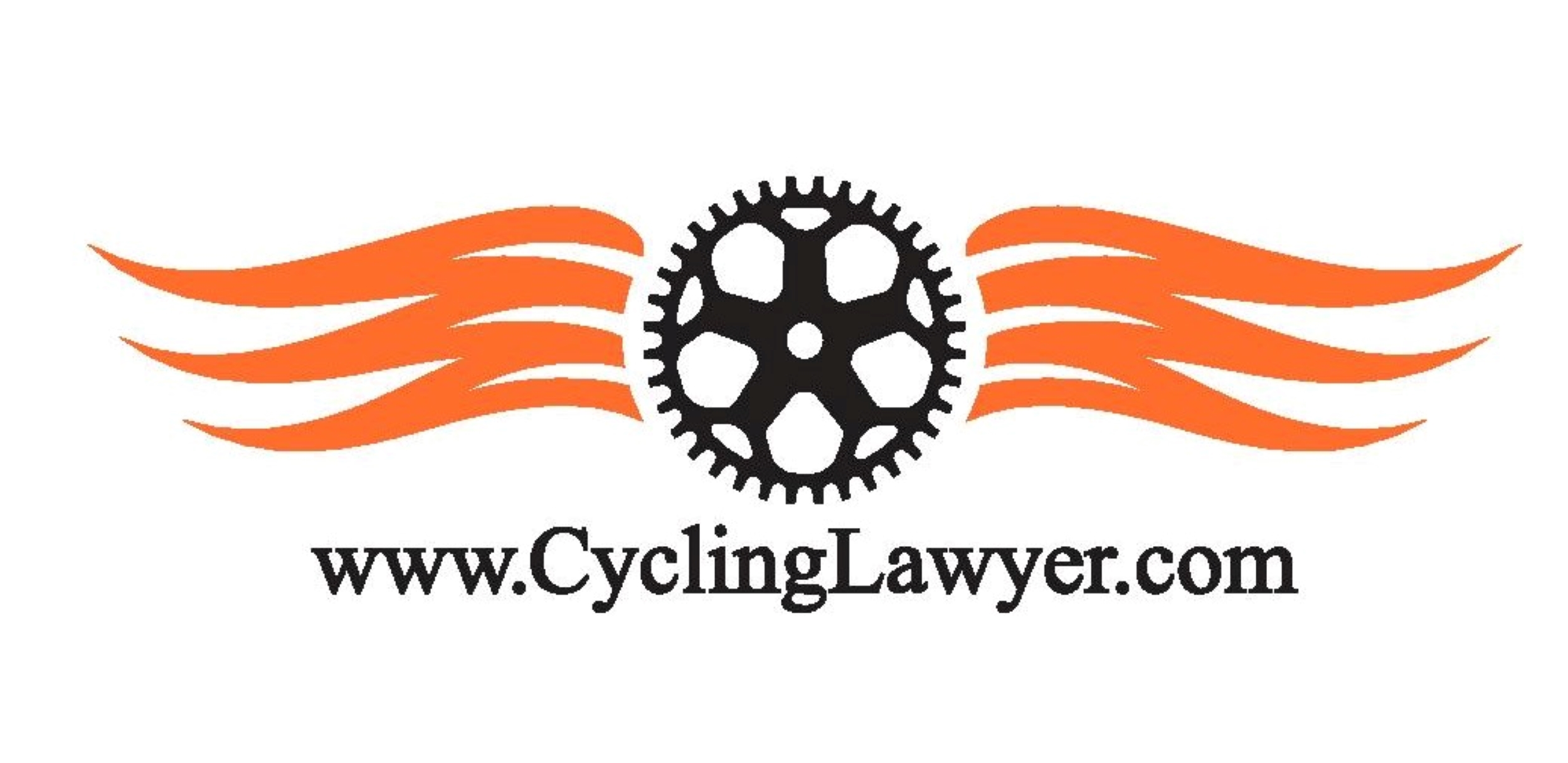A Look At The UCI's Coronavirus Protocol
Earlier this week, the UCI announced its COVID-19 protocols to bring professional racers back to the roads of Europe. They’re trying to salvage a season cut in half and save the sport in the process.
Some of the biggest races of the year take place in countries worst-affected by the pandemic. Even as Italy, France, and Spain ease some of the toughest restrictions set in place to reduce the spread of the virus, there’s still plenty of concern than localized spikes could still pose a major risk. The dynamics of professional cycling, with big fields, large support teams, and constant travel, are essentially a perfect storm when it comes to a highly-contagious disease. But the UCI is committed to putting racers on the road this summer and fall, and to do so as safely as possible.
From the Strade Bianche to the cobbled classics and even the GrandTours, the UCI has offered up constantly tweaked and adjusted calendars for weeks, but it was only recently that they released a detailed plan to ensure the health and safety of the riders, staff, sponsors, and spectators. They’ve included a number of features that adhere to local guidelines, many of which prohibit any fans from massing at the start, finish, or on the famous climbs of any given route. That might have been one of the biggest challenges to crafting a comprehensive set of guidelines for the UCI; the state-mandated rules of a dozen countries all need to somehow fit into a general plan.
First, teams will be required to form and adhere to what are being called ‘team bubbles’. These include the riders, coaches, mechanics, and staff, with the goal of limiting exposure between squads during training, travel, and racing. At events, these ‘bubbles’ become a part of the ‘peloton bubble’, which combines team units into the comprehensive race structure as a whole. The UCI is also requiring teams to work with a specific coronavirus doctor, perform routine testing and enforce strict social distancing measures.
If a positive case is found, then the race organizers must adhere to the current guidelines of the host country. Isolation, quarantine, entire teams pulled, and even event cancellation could result from such a positive test, but it’s hard to forecast what regulations will be in place by the time the first WorldTour event takes place in August.
For obvious reasons, the UCI protocol provides little guidance for amateur events. Across the country, race organizers are taking tough decisions on the future of their events. Safety is certainly the chief priority, although financial realities of events that rely heavily on sponsors also play a large role. For businesses that may have been closed or operating at half-speed for months, the financial obligation of supporting a bike race may not be possible, or even responsible, until things have improved.
Both professionals and amateurs alike are familiar with risk when riding bikes. We understand that we are making a decision to engage in a sport that is inherently dangerous. However, most of those consequences only affect ourselves, while COVID-19 can have an impact that reaches far beyond the course and results sheets.

